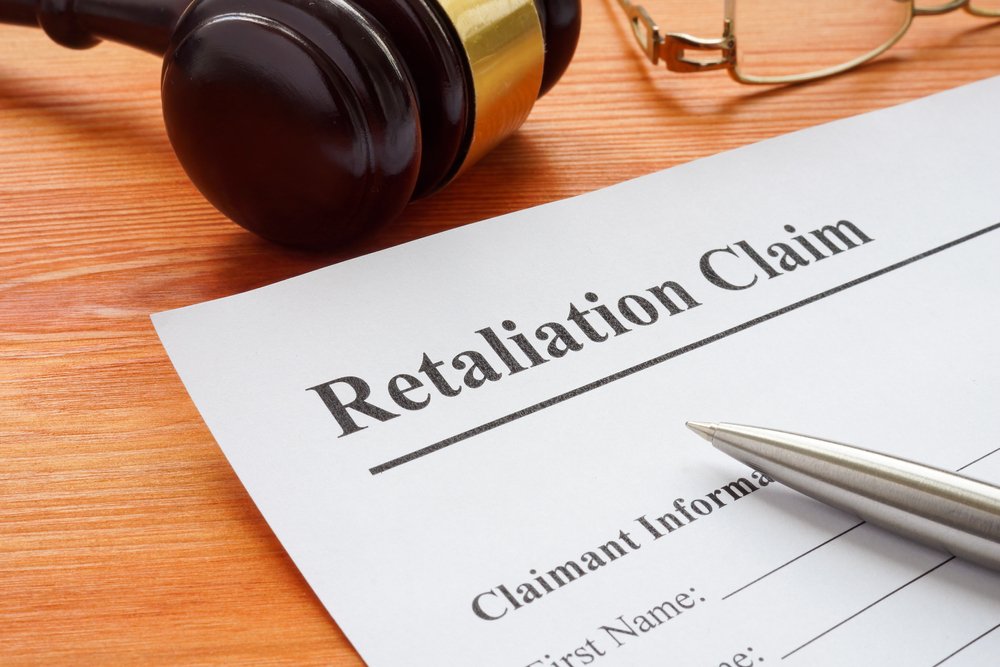Can I Be Fired for Reporting Harassment? Understanding Retaliation in the Workplace in New York.
In an ideal world, speaking up about workplace harassment would lead to accountability, not punishment. But in reality, many workers hesitate to report unlawful treatment because they fear losing their jobs. Can you relate? If so, it may not help much to hear that “you’re not alone” and that many other employees go through what you’re feeling now. After all, there’s no safety in numbers if you’re going to lose a paycheck. However, what you need to know is that you have legal rights and a powerful Legal Ally on your side…
In New York, there are strong legal protections in place that prohibit your employer from retaliating against you for reporting harassment or discrimination.
What Is Retaliation?
Retaliation happens when an employer punishes an employee for engaging in a legally protected activity. This includes actions like:
Reporting harassment or discrimination
Participating in an internal investigation
Filing a formal complaint with a government agency
Supporting a coworker’s harassment claim
Retaliation can be obvious. Think: being fired, demoted, or denied a promotion. But it can also be subtle, such as being reassigned to unfavorable shifts, isolated from colleagues, or unfairly disciplined after speaking up.
Is Retaliation Illegal in New York?
Yes. Both federal and New York State laws protect employees from retaliation. That means if you’ve experienced mistreatment at work and tried to address it (either formally or informally) you have legal grounds if your employer retaliates.
New York’s Human Rights Law goes even further than federal law in some cases, covering more types of workers (including independent contractors) and a broader range of misconduct.
Can I Still Be Fired “At Will”?
New York is an “at-will” employment state, meaning employers can terminate employees for nearly any reason (or no reason at all) so long as it’s not discriminatory or retaliatory.
If your employer claims they fired you for performance reasons, but the timing closely followed your complaint, or if there’s a pattern of unfair treatment, you may have a retaliation claim.
The key issue is why you were fired, and whether your report of harassment played a role in that decision.
What Should I Do If I Suspect Retaliation?
If you think you’ve been retaliated against:
Document Everything – Save emails, texts, performance reviews, or any written communication that shows a change in how you were treated.
Review Company Policies – Many companies have anti-retaliation policies. Reporting violations may strengthen your case.
Consult Jessica A. Rounds – A legal professional like Jessica can help determine whether you have a valid claim and what steps to take next.
You Deserve Protection, Not Punishment!
No one should fear losing their job for doing the right thing. If you've experienced retaliation after reporting harassment, Jessica A. Rounds is here to help. With years of experience on both sides of employment law disputes, she understands how to build a strong case and how to fight back when companies cross the line.
Contact Legal Ally today to request a free case review.

